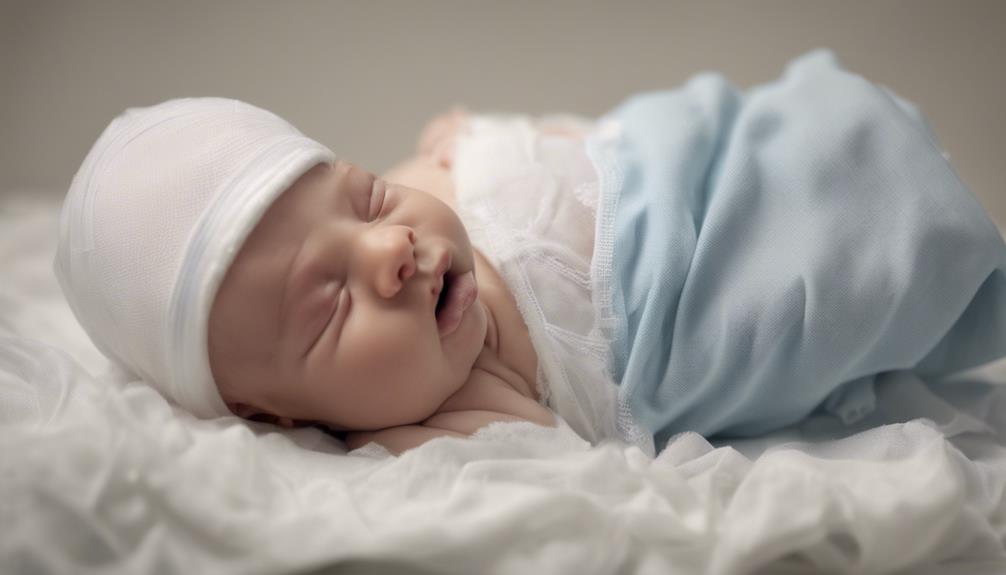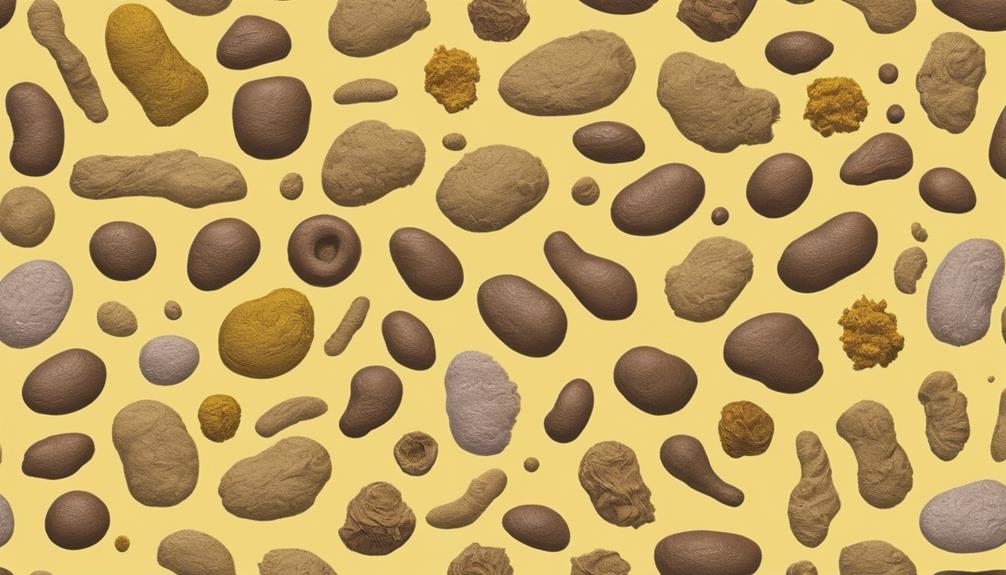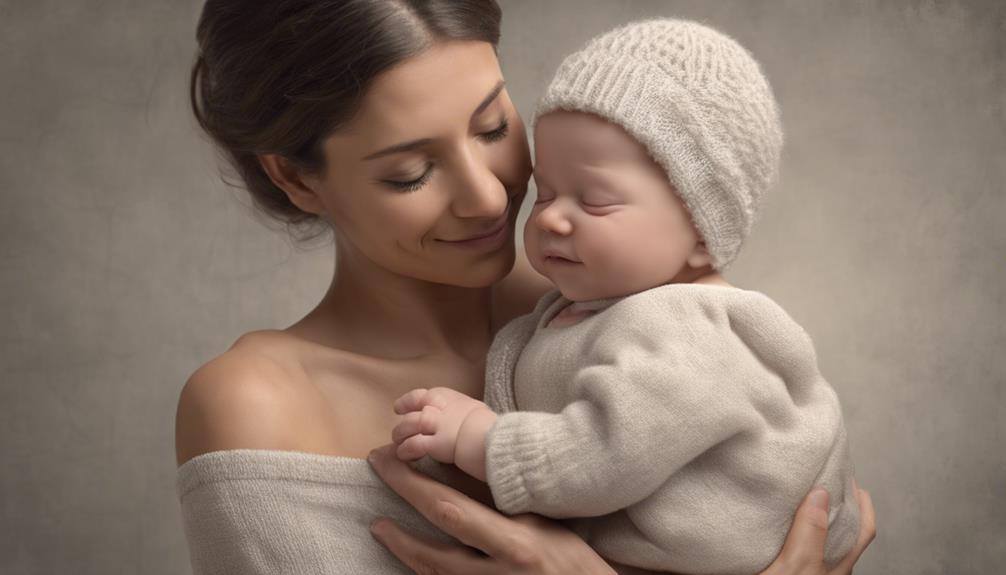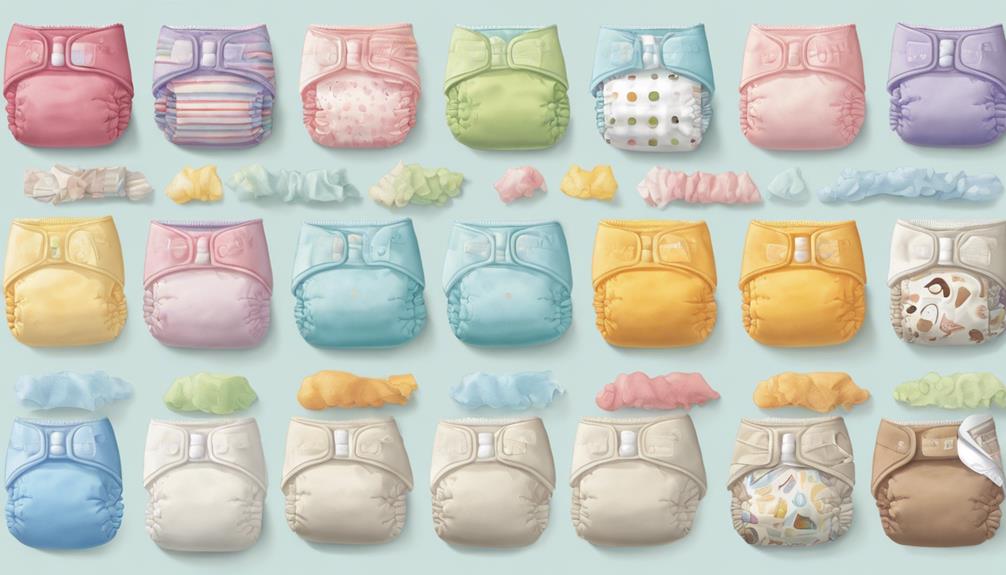As new moms and dads, we’re all eager to provide top-notch care for our infants, and that commitment extends to the post-circumcision period, emphasizing the significance of aftercare. Knowing how to maintain cleanliness and identifying infection symptoms are critical aspects of ensuring a smooth recovery.
But what are the specific tips that can make a difference in your newborn's recovery journey? Let's explore some essential circumcision care guidelines that every parent should know to provide their little one with the best support during this time.
Key Takeaways
- Maintain proper hygiene by cleaning daily with plain water and gentle care products.
- Monitor for signs of infection like redness or swelling and seek prompt treatment.
- Clean the incision site with mild baby soap, keep it dry, and watch for any issues.
- Manage pain effectively through medications and anesthesia for the baby's comfort.
Importance of Proper Hygiene
Maintaining proper hygiene after your baby boy's circumcision is essential for his health and well-being. Cleaning the penis area with plain water daily is important to prevent infections and promote healing. It's best to avoid using harsh soaps or chemicals, as these can irritate the sensitive skin post-circumcision. Instead, gently pat the area dry and apply a thin layer of petroleum jelly to protect and prevent adhesions during the healing process.
When changing your baby's diaper, be mindful of how you handle the area. Make sure that the diaper isn't rubbing against the healing site to prevent any discomfort or disruption to the delicate skin. By staying vigilant and following these care tips, you're actively contributing to your baby's hygiene and overall well-being.
Proper hygiene practices not only aid in the healing process but also reduce the risk of infections, allowing your baby to recover smoothly.
Monitoring for Signs of Infection
To maintain your newborn's well-being post-circumcision, it's essential to carefully monitor for any signs of infection. Keep a close eye on the area for increased redness, swelling, or pus, as these can indicate a possible infection. Additionally, watch out for signs like fever or foul-smelling discharge, which may also signal complications. It's important to stay vigilant in the days following the procedure, as prompt treatment of any infection is vital for your newborn's health.
If you notice any concerning signs, don't hesitate to contact your healthcare provider. They can offer guidance on whether the symptoms are part of the normal healing process or if they require further attention. Remember, infections can escalate quickly, so early intervention is key to ensuring your newborn's well-being.
Keeping the Incision Clean
After monitoring for signs of infection, the next crucial step is ensuring the cleanliness of the circumcision incision site to aid in your newborn's recovery. To keep the incision clean, follow these essential tips:
- Clean the area: Use warm water and mild baby soap to gently cleanse the incision site once a day to prevent infection.
- Gentle patting: After cleaning, softly pat the area dry with a clean towel to avoid irritation.
- Diaper changes: Keep the diaper area clean and dry to promote healing and reduce the risk of complications.
- Monitor for infection: Watch for any signs of infection such as redness, swelling, pus, or foul odor, and promptly contact a healthcare provider if any concerns arise.
Avoiding Irritants
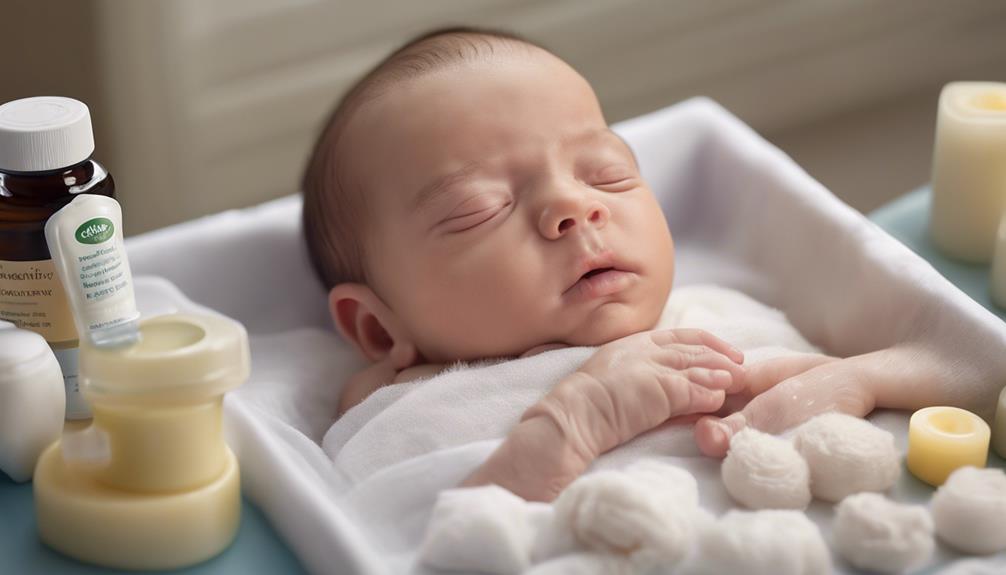
In caring for your newborn's circumcision site, be mindful to avoid using scented wipes or soaps that may lead to irritation. To guarantee the healing skin remains healthy, stick to gentle cleaning with warm water and mild baby soap as suggested by healthcare providers. Harsh lotions or powders should be avoided as they can irritate the delicate area. After cleaning, remember to pat the circumcision site dry gently to prevent any friction. Opt for loose-fitting clothing and diapers to allow for air circulation and prevent chafing, aiding in the healing process.
—
| Avoiding Irritants | |||
|---|---|---|---|
| Normal Healing | Small Amount | Urinary Tract Infections | Pain Medication |
| Stick to gentle cleaning methods recommended by healthcare providers. | Refrain from using excessive products on the area. | Keep the area clean to prevent infections. | Consult healthcare providers for suitable pain relief options. |
—
Comfort Measures for Pain
Considering the baby's comfort as a top priority, we recommend utilizing appropriate pain relief measures following circumcision to help alleviate any post-procedure discomfort. Here are some key points to take into account for managing post-circumcision pain:
- Utilize local anesthesia: The use of local anesthesia during circumcision can greatly reduce pain and discomfort for the newborn.
- Give pain medication as directed: Pain medication such as Children's Tylenol can be administered as directed by the healthcare provider to help manage any post-circumcision pain effectively.
- Discuss pain management options: It's important to have a discussion with the healthcare provider before the procedure to ensure that the baby's comfort is prioritized through appropriate pain management strategies.
- Monitor for discomfort and soreness: Newborns may experience mild discomfort or soreness post-circumcision, which can be effectively managed with the right pain relief measures.
Frequently Asked Questions
How Do You Take Care of a Newborn Circumcision?
Taking care of a newborn circumcision involves gentle washing with warm water and mild soap, applying petroleum jelly for healing, monitoring for infection signs, watching normal swelling, and contacting the healthcare provider for unusual symptoms, bleeding, or pain.
How Long Does It Take for a Newborn to Recover From Circumcision?
We usually see newborns recover from circumcision in about 7 to 10 days. Some little ones may show signs of healing in just 3 to 5 days. It's normal for the penis to look swollen, red, and bruised at first.
What Helps a Circumcision Heal Faster?
To help a circumcision heal faster, we recommend keeping the area clean and dry, applying petroleum jelly or antibiotic ointment, avoiding tight clothing, monitoring for infection signs, and handling the baby gently.
What Helps Circumcision Pain in Babies?
It is important that reducing pain in babies post-circumcision. Local anesthesia, infant Tylenol, and comforting techniques like sugar water on a pacifier can help. Proper post-operative care and monitoring for persistent pain are essential for their well-being.
Conclusion
To sum up, ensuring proper care for newborns after circumcision is essential for a smooth healing process. By following these care tips, parents can help prevent complications and promote their baby's comfort and well-being.
Remember, a little extra care now can make a big difference in your baby's health later on. So, let's keep our little ones safe and healthy as they heal and grow.
